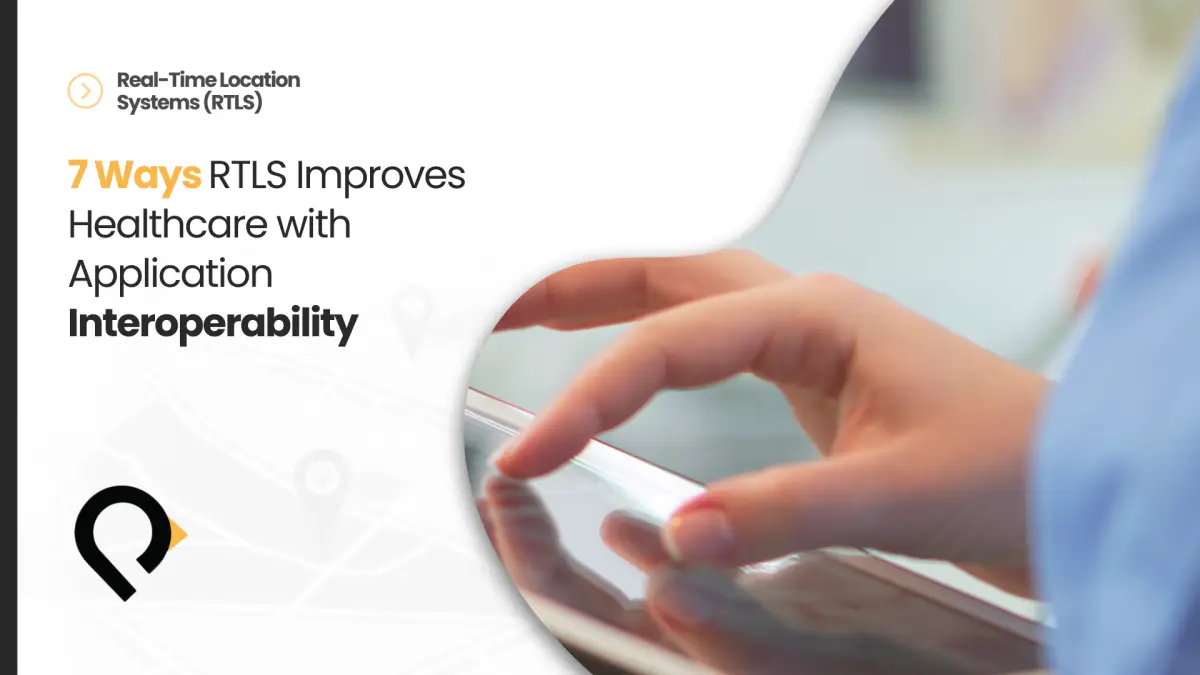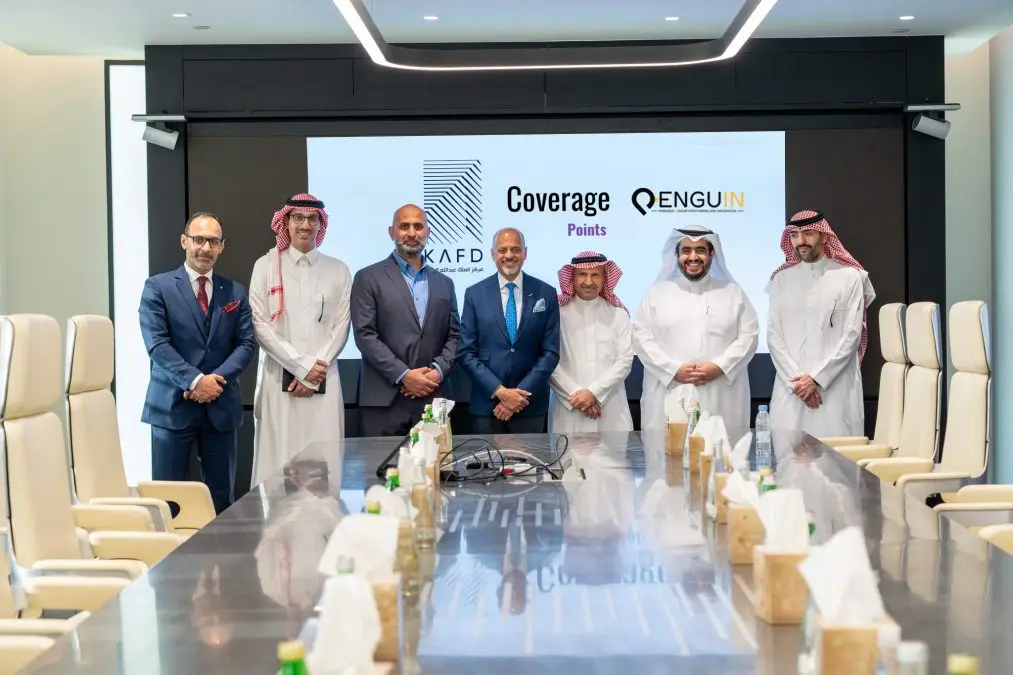Benefits of RTLS in Healthcare: 7 Key Advantages for Interoperability
As the healthcare sector continuously adopts new technologies to improve care, a careful examination of digital advancements becomes essential. Moreover, amid this review, the convergence of Real-Time Location Systems (RTLS) healthcare benefits, automation, and application interoperability emerges as a transformative influence. Consequently, this redefines the operational landscape of healthcare facilities.
What is Interoperability in Healthcare RTLS Benefits?
In healthcare, interoperability denotes the capacity of diverse information technology systems and software applications to communicate, exchange data, and utilize shared information efficiently. Consequently, this maximizes the benefits of RTLS in healthcare.
Specifically, this involves the seamless sharing of health information among various healthcare systems. For example, these include electronic health record (EHR) systems, medical devices, and other health information technologies. Therefore, these enhance RTLS healthcare benefits.
The Integration of Location Services
The incorporation of location technologies, real time tracking, status, and sensory data into existing technological frameworks proves key for achieving improved location accuracy. Additionally, this helps realize the full benefits of RTLS in healthcare. Moreover, this integration serves as a central requirement. Consequently, it facilitates the efficient coordination of diverse components within the system.
Furthermore, by strategically merging location data with pre-existing technological investments, healthcare facilities can optimize operational processes. As a result, they enhance the experience of caregivers and improve patient care through comprehensive RTLS healthcare benefits.
With this foundational understanding, let’s delve into the pivotal role that healthcare RTLS systems play within this framework. Specifically, we will highlight the top 7 benefits of RTLS in healthcare. Therefore, this affirms its significance within the broader context of interoperability and its transformative impact in the industry.
1. Unified Integration Standards
A healthcare RTLS system should smoothly sync with and enhance current technologies and IT infrastructure in healthcare settings. Moreover, it ought to seamlessly meld into the existing IT framework. Consequently, this creates a fluid and engaging partnership with other technological components. Therefore, this ensures a seamless exchange of information among diverse healthcare systems. As a result, it streamlines the often-tricky process of integrating data in healthcare environments and maximizes RTLS healthcare benefits.
2. User-Friendly Adoption
Streamlining workflows becomes more than a convenience when healthcare RTLS applications prioritize user-friendly features. Specifically, this accelerates adoption. Moreover, by minimizing training periods and creating an environment favorable to technology acceptance, healthcare staff can efficiently incorporate healthcare RTLS solutions into their routines. Consequently, this leads to increased productivity and satisfaction through the benefits of RTLS in healthcare.
3. Resource Optimization
Beyond its real-time tracking capabilities, effective healthcare real time location services address the challenge of resource optimization. Specifically, by providing insights into asset utilization, staff allocation, and equipment availability, healthcare facilities can minimize unnecessary expenses. Therefore, this ensures a more efficient allocation of resources. Additionally, it demonstrates clear benefits of RTLS in healthcare.
4. Real-Time Patient Data Access
The automatic integration of location data with Electronic Health Records (EHR) stands as likely the most critical of all RTLS healthcare benefits. Specifically, this integration empowers healthcare providers with timely and accurate information. Consequently, this enables them to make informed decisions promptly. Moreover, through received signals in real-time, they bridge the gap between RTLS healthcare systems and EHR. As a result, this further enhances patient care and contributes to more efficient and effective healthcare delivery.
Furthermore, this advanced integration can also automatically populate billing and coding needs natively. Therefore, this saves administrative time and ensures invoicing accuracy. Ultimately, this showcases significant benefits of RTLS in healthcare.
5. Facilitated Communication
Integrating functionalities such as nurse call systems and staff duress alerts with the RTLS network adds an additional layer of communication efficiency. Specifically, through the use of active RFID tags and RTLS for urgent care, this ensures that healthcare staff can promptly respond to patient needs or emergencies. Moreover, RFID tags communicate via infrared IR. Consequently, this further enhances the overall responsiveness and effectiveness of healthcare delivery. Therefore, this highlights key benefits of RTLS in healthcare.
Notably, one study showed that the majority of a nurse’s time, specifically 38.6% (equivalent to 214.2 minutes), occurs at the nurse station. In contrast, less than one-third (171 minutes) goes to the patient room. Therefore, this highlights an opportunity for healthcare RTLS software to play a crucial role in optimizing a nurse’s time. Consequently, it redirects their efforts towards more valuable actions and demonstrates the practical benefits of RTLS in healthcare.
6. Proactive Security Measures
In healthcare settings, health and safety RTLS systems should make security a top priority. Specifically, they safeguard both staff and patient information. Additionally, they keep tabs on activities and offer administrators improved visibility. Furthermore, this enhanced visibility empowers administrators to take proactive measures. Therefore, this ensures comprehensive safety and adherence to data protection standards. Ultimately, this represents critical RTLS healthcare benefits.
7. Strategic Investment
Viewing RTLS for healthcare solutions as strategic investments involves aligning them with the long-term vision and goals of healthcare facilities. Moreover, beyond immediate gains, this approach considers the scalability, adaptability, and future-proofing of the technology. Consequently, this ensures that the investment continues to add value as the healthcare landscape evolves. Therefore, it maximizes the benefits of RTLS in healthcare.
Technology Talks: BLE 5.1 in RTLS for Hospitals for Simplicity and Affordability
At the core of the user-friendly and cost-effective nature of RTLS healthcare applications lies Bluetooth Low Energy 5.1 (BLE). Specifically, this technology not only guarantees technical robustness but also ensures compatibility with ease. Moreover, BLE 5.1, with its array of versatile RTLS tags, minimal power consumption, and extensive compatibility, serves as the foundational element. Consequently, this enables healthcare RTLS applications to seamlessly integrate into healthcare settings.
Furthermore, this harmonious integration testifies to the interoperability that BLE 5.1 facilitates. Therefore, it provides both technical excellence and adaptability within the healthcare environment. Ultimately, it delivers comprehensive benefits of RTLS in healthcare.
SEE ALSO: Ultra-Wideband (UWB) vs Bluetooth Low Energy (BLE) 5.1
Penguin Location Service ™
In the realm of healthcare, the thoughtful application of real-time tracking can make a significant impact on staff and patient safety. Additionally, it affects operational efficiency. This is where Penguin steps into space. Specifically, we offer a thoughtful approach to healthcare. Moreover, PenTrack, a family of products and mobile devices, receives careful design to provide not just prompt but also cost-effective results.
Furthermore, we offer the necessary hardware and software along with our advanced AI-powered location engine. Consequently, this ensures efficiency and precision. Additionally, our solutions seamlessly integrate into physical and software environments with minimal disruption. Therefore, they align perfectly with diverse settings.
Discover the thoughtful future of healthcare with Penguin.
📧 Book your free consultation today: [email protected]
References
- Hendrick A, Chow M, Skierczynski B, and Lu Z. A 36-Hospital Time and Motion Study: How Do Medical-Surgical Nurses Spend Their Time? The Permanente Journal. 2008;12(3):25–34.


